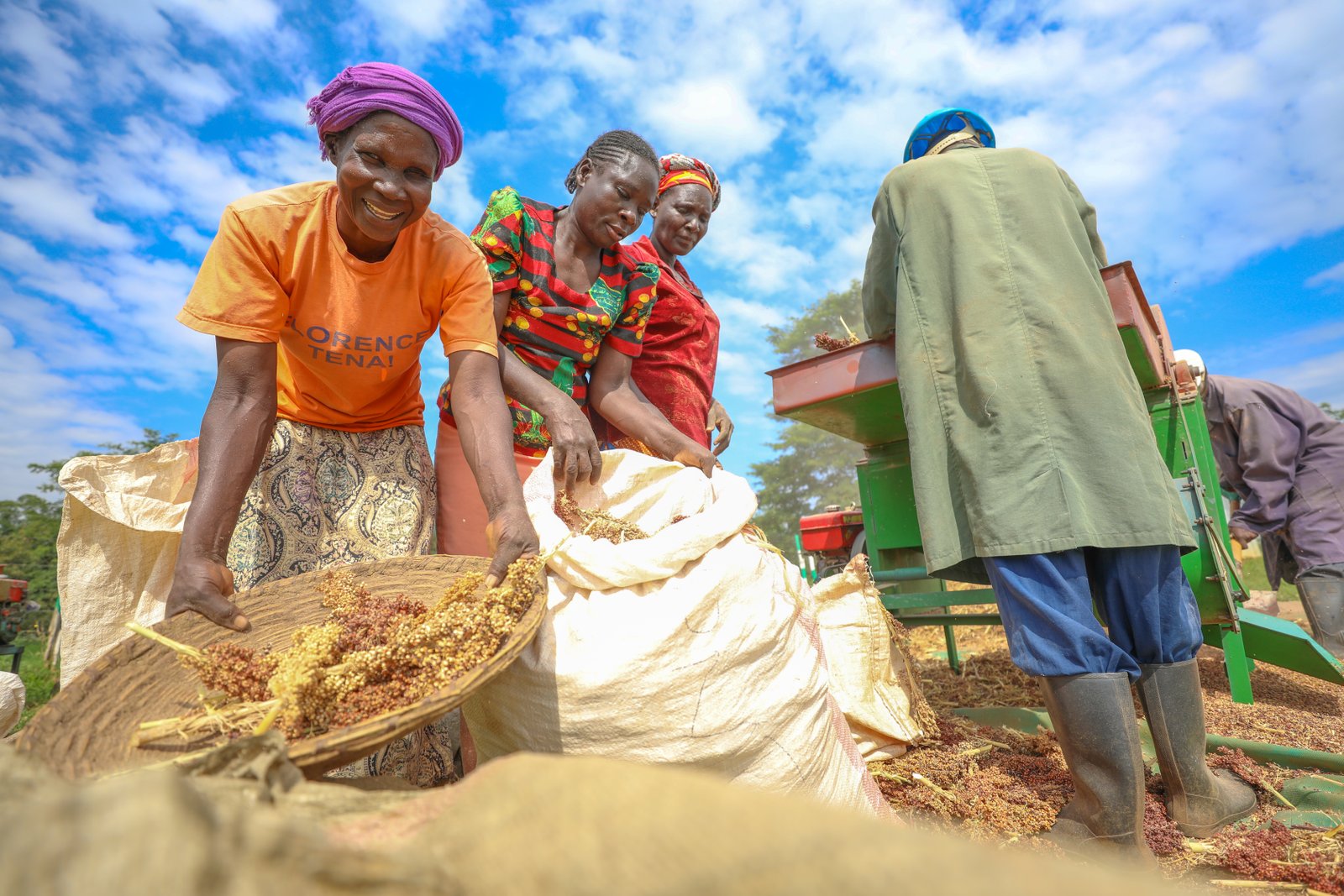Sunday, 22 February 2026

CGIAR, the global leader in agricultural research, has launched its visionary 2030 Global Strategy for Resilient Drylands (GSRD) to transform farming in the world’s driest regions and ensure sustainable food systems for generations to come
The GSRD, collaboratively developed by CGIAR centers under the leadership of ICARDA (International Center for Agricultural Research in the Dry Areas) and ICRISAT (International Crops Research Institute for the Semi-Arid Tropics), provides a comprehensive, science-driven roadmap to improve the lives of some 2.7 billion people who call the drylands home with a particular focus on Asia and Africa.
Drylands, traditionally seen as fragile ecosystems, are key to developing climate-smart agricultural models that can be scaled globally.
These regions support 44% of global agriculture and nearly half of the world’s livestock.
Building on 50 years of dryland research, the GSRD leverages innovations from CGIAR’s 15 global research centers and partners and provides solutions to enhance food security, conserve biodiversity, and build resilient livelihoods by delivering groundbreaking agri-research solutions—such as solar-powered agrivoltaics, innovative agroforestry and livestock feed practices, soil improvement and desalination solutions, as well as improved breeding technology for climate-smart crops such as barley, lentil, chickpea, soybean or cactus.
Speaking at COP16 in Riyadh, CGIAR Executive Managing Director Dr Ismahane Elouafi said the new strategy builds on CGIAR’s rich legacy of impact, uniting all fifteen centers in a stronger, more integrated effort to tackle the challenges of drylands.
“As climate change continues to threaten global food systems, the models of resilience we, along with our partners, have developed in drylands will be indispensable to support the world’s most vulnerable communities,” said Dr Blade.